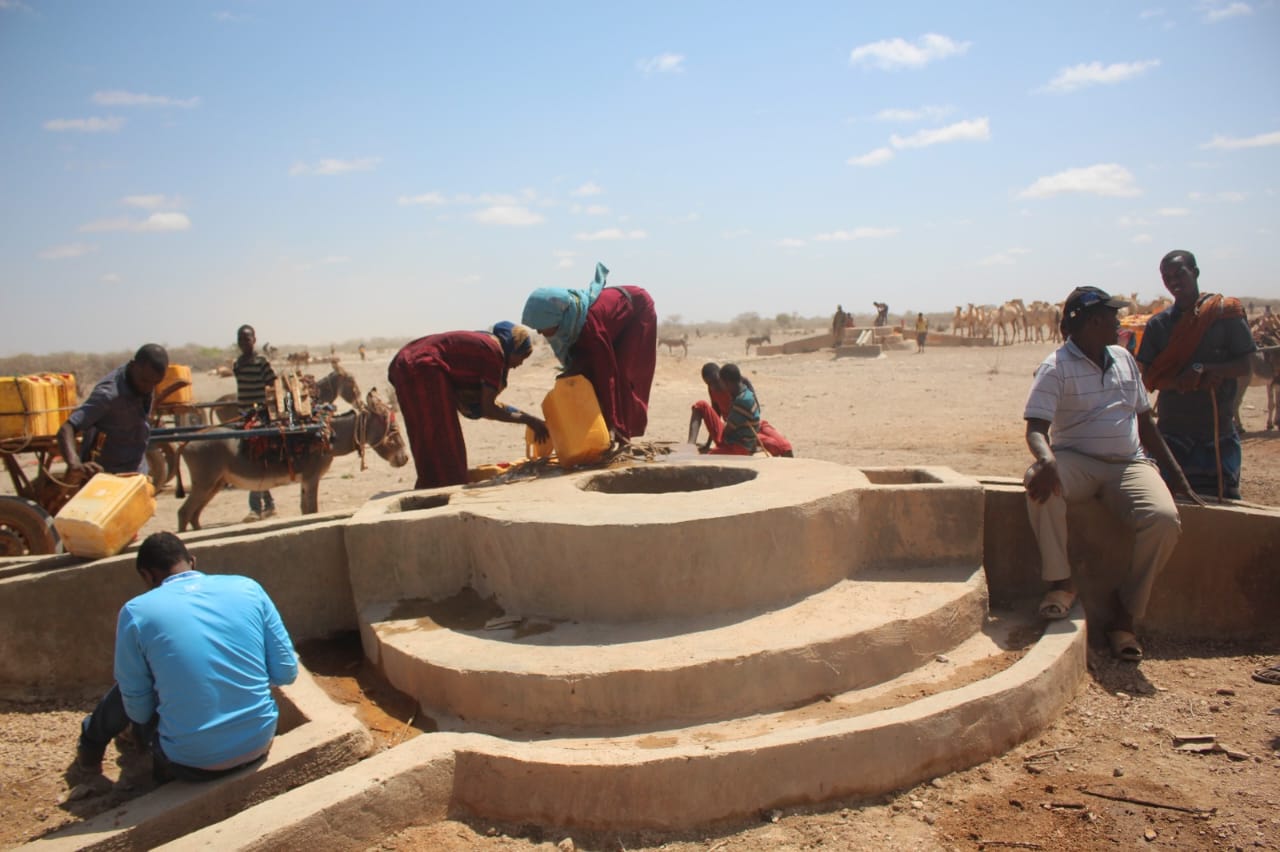ORGANIZATION FOR RESILIENT DEVELOPMENT AND EMERGENCY RELIEF (ORDER)
Water, Sanitation, Hygiene (WASH)
The Water, Sanitation and Hygiene (WASH) situation in Somalia is a critical aspect of the country’s humanitarian situation. Somalia faces numerous challenges in providing access to clean water, proper sanitation, and hygiene facilities for its population. These challenges are exacerbated by factors such as conflict, political instability, recurrent droughts, and limited infrastructure.
Access to clean water remains a considerable issue in Somalia, with a significant portion of the population relying on unimproved water sources, like rivers, ponds, and unprotected wells. This puts individuals at high risk of waterborne diseases, including cholera, typhoid, and diarrhea. Insufficient water supply and lack of water infrastructure further exacerbate this problem, especially in rural areas.
Sanitation facilities are also limited, particularly in rural and vulnerable communities. Many households lack access to proper toilets and instead practice open defecation. Moreover, the few existing sanitation facilities are often poorly constructed, leading to contamination of water sources and the spread of diseases.
Inadequate hygiene practices are another concern. Proper handwashing with soap is essential, yet this behavior is not widely adopted in Somalia. Lack of access to soap and hygiene education contributes to the perpetuation of poor hygiene practices, leading to an increased risk of preventable diseases.

